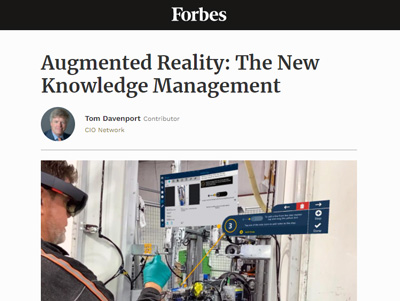Engineering Your Linear Motion Solutions
- Home
-
Product Specs
-
Linear Bearings
- Plain Linear Bearings Simplicity
- Linear Ball Bearings and Bushings
- Plain Linear Bearing Pillow Blocks
- Linear Ball Bearing Pillow Blocks
- Plain Linear Bearings Flanged
- Simplicity Bearing Flange Mounts
- Linear Ball Bearing Flange Mounts
- Die Set Plain Linear Bushings
- Linear Plain Bearing Die Set Flange Mounts
- Simplicity Precision Sleeve Linear Plain Bearings
- Square Bearings and Linear Rails
- Roller Pillow Blocks
- Linear Shafting & Supports
- Slew Ring Bearings
- Gliding Surface Linear Slides
- Integeral-V Linear Slides
- CAM Roller Linear Slides
- Lead Screw & Ball Screw Assemblies
-
Linear Actuators
- BE Integrated Ball Screw Linear Actuator Series
- BS Miniature Ball Screw Motor Series
- LSM Lead Screw Motor Series
- LN Non Captive Type Linear Actuator Series
- LC Captive Type Linear Actuator Series
- MS Linear Slide Series
- ML Miniature Linear Actuator Series
- CS Compact Series Linear Guide System
- G Uni Guide Actuator
- MR LS Min Rail Actuator
- MR MS Min Rail Actuator
- UG Series Linear Motion Platform
- PLA Linear Actuator Series
- MTB Linear Actuator Series
- MUK Linear Actuator Series
- Simplicity Linear Slide Assemblies
- Automation Solutions
- 3D Printing
- View All Products
-
Linear Bearings
-
Shop
-
Linear Bearings
- Simplicity Plain Linear Bearings
- Linear Plain Pillow Blocks
- Linear Ball Bearings
- Linear Ball Bearing Pillow Blocks
- Roller Pillow Blocks
- Precision Sleeve Linear Bearings
- Simplicity Flange Mount Plain Bearings
- Flange Mount Plain Linear Bearings
- Simplicity Die Set Flange Mounts
- Die Set Linear Bushings
- Flange Mount Linear Ball Bearings
- Square Linear Bearings and Rails
- Linear Shafting & Supports
- Slew Ring Bearings
- Gliding Surface Linear Guides
- Integral-V Linear Guides
- Cam Roller Linear Guides
- Lead Screws & Ball Screws
- Linear Actuators
- 3D Printing Parts
-
Linear Bearings
- Tools
- Resources
- Events
- About
- Connect with Us
- Request A Quote




